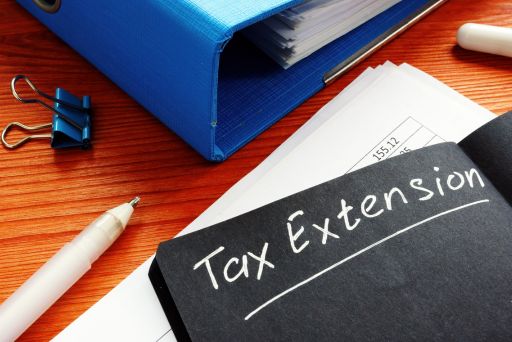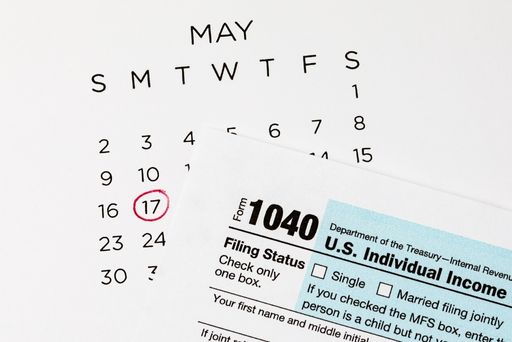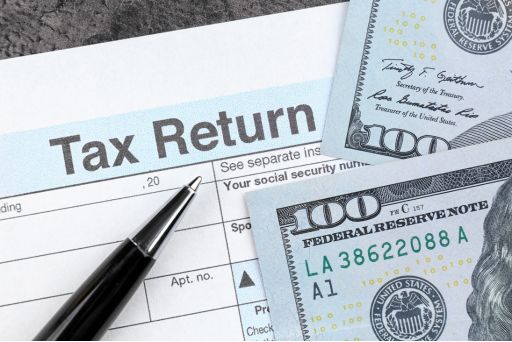How to Legally Structure a Real Estate Partnership or Agency
While entering into a business partnership can be a risk that leaves some feeling unsettled, many real estate professionals find that teaming up and doubling their knowledge, expertise, and experience can increase their income and business success significantly.
The most important thing to consider when partnering with another real estate agent, broker, or property manager is setting clear expectations. Have a plan before you form the partnership, work together to set clear, defined expectations on how the partnership will work, and develop an exit plan for the future.
There are several ways to legally form a real estate partnership. Each state has slightly different rules that govern partnerships, so you’ll want to sit down with an attorney who can help you hammer out the details.
First, let’s take a look at the definition of the word partnership. A partnership occurs when two or more people join together for business purposes. Partnerships are legal entities recognized by the state in which it was formed and can take many forms based on tax purposes. A few common partnerships for real estate agents go as follows:
General Partnership
A common type of business partnership among real estate professionals, a general partnership requires that all partners are equally and jointly liable for any legal actions or debts of the business. Being jointly liable in a general partnership also means that the group can be sued as a whole, rather than one person within the group. Each partner takes equal responsibility for the business dealings—both good and bad.
All partners get equal voting rights, regardless of how much or little one partner invested. All partners are given equal weight in the decision making process of the group.
For tax purposes, a general partnership has one level of taxation (similar to a sole proprietor). Basically, this means that profits are passed through the partnership to the parties involved and are distributed directly to the partners without taxation. Each partner is responsible for including his or her loss on a tax return. General partners are not employees and should not be issued a Form W-2. The partnership must furnish copies of the Schedule K-1 (Form 1065) to the partners by the date required to be filed, including extensions.
While no local or state filings are required to start a general partnership, it is advisable to have a formal agreement in place before business begins.
Limited Partnership
Limited partnerships are common in the real estate business and usually consist of one partner supplying the majority of the capital but not wanting to be involved in the daily operations of the business.
The defining factor of a limited partnership is that it has at least one general partner and at least one limited partner. The general partner has unlimited liability, while the limited partner is personally liable only up to the amount he or she has invested in the business. However, this structure does not give the general partner complete control of the partnership.
Similar to a general partnership, a limited partnership is not treated as a separate taxable entity. Again, profits are distributed among the partners without taxation and the partners are responsible for reporting their income to the IRS in the same way as a general partnership. Usually, limited partnerships require a filing with the Secretary of State’s office before they are formed.
Limited Liability Company (LLC)
The most popular form of a business partnership across any industry is an LLC. However, most real estate professionals choose to form a partnership rather than an LLC for a couple of reasons.
In an LLC, all owners are not personally liable for business debts. Instead, partners may elect to have the company taxes as a corporation or a partnership. Most real estate partners elect to be taxed as a partnership rather than a corporation so that profits are passed directly to partners without further taxation.
All states require paperwork to form an LLC. They can be difficult and expensive to set up, but having clear guidelines in place often saves a lot of time and hassle down the road. There are no restrictions on how many members can be part of an LLC. To see the different forms required for filing taxes as an LLC, visit the IRS website.
Each real estate partnership is different depending on the parties involved, the state where the partnership is formed, and the personal preferences of the partners. A good attorney can help you form your real estate partnership or team with the clearest guidelines and least amount of confusion.
Other posts that might interest you:
How to Track & Separate Business and Personal Expenses as a Realtor or Real Estate Agent
The Top 10 Tax Deductions for Realtors and Real Estate Agents
What You Can and Cannot Deduct for Advertising Your Real Estate Business
Top 4 Tips on Tracking Mileage and Deducting Vehicle Expenses as a Real Estate Agent
6 Ways to Save Time and Money on Bookkeeping and Accounting as a Realtor or Real Estate Agent
How to Calculate Self-Employment Taxes for Real Estate Professionals and Agents
How to Develop an Exit Strategy for Your Real Estate Agency Partnership
How to Develop a Succession Plan for Your Real Estate Partnership
Interested in Learning More?
Schedule a free consultation with our team!





















